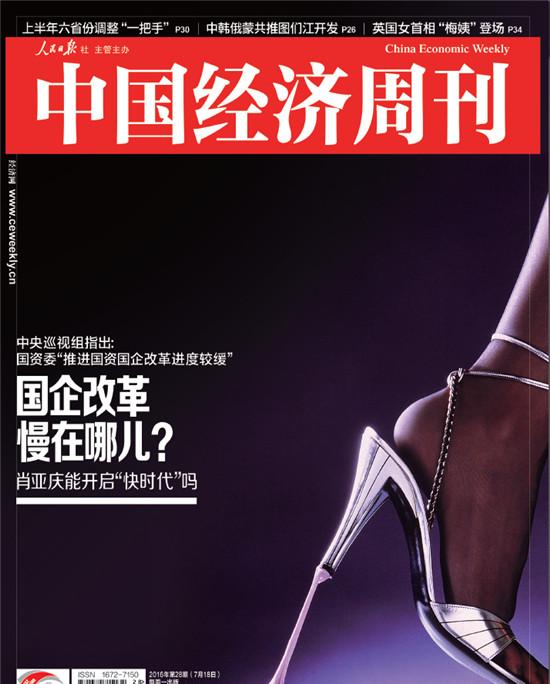Ge Feng, special commentator of China Economic Weekly
(This article was published in China Economic Weekly, No. 28, 2016)
The Shenzhen Stock Exchange recently revised and issued the Listing Committee Working Rules (Revised in 2016). Compared with the previous work rules, an important change in the new work rules is to increase the implementation of the delisting system of listed companies.
In fact, the delisting system of A-share listed companies has existed for a long time, but its loss of softness and looseness has always been an indisputable fact. For example, in terms of horizontal comparison, the Shanghai and Shenzhen stock markets have so far only been delisted for a total of more than 100 listed companies for various reasons, accounting for only about 3% of all listed companies, while the average number of listed companies delisted in overseas stock markets is as high as 10% to 20% per year; in addition, A-share ST companies generally turn from positive to negative in the first two years before being labeled (but even so, they may not be delisted in the end), while companies in other developing countries that have been delisted. The average return on assets, even at the time of delisting and in the 5 years prior to delisting, generally remains positive.
Due to the inability to smoothly achieve the survival of the fittest, the ecological maintenance and function of the A-share market play a lot of constraints, which are mainly reflected in:
First of all, due to the lack of effective constraints, the overall performance of A-share listed companies that have been strictly selected in advance is difficult to match their status under the condition of priority supply of various resources. Statistics show that in the past 5 years, the return on net assets and the return on total assets of A-share listed companies have shown a downward trend in growth, if after deducting non-recurring gains and losses such as government subsidies, the growth rate of net profit has shown a significant decline, according to the financial data disclosed in the 2015 annual report, this indicator is actually only -14.1%.
Secondly, given the total amount of resources, the zombie-type enterprise that has not retreated not only seriously reduces the overall efficiency of listed companies, but also occupies a large number of opportunities for enterprises representing the direction of industrial upgrading to obtain necessary financial support. For example, studies have found that the long-term return on investment of the shares of mainland enterprises that are forced to list overseas is much higher than the return rate of the stocks of A-share listed companies in the same period.
Third, the "only life and death" of A-share listed companies has led to the hype of "shell resources", and this extremely bad demonstration effect has continuously worsened the already immature investment culture and investment model of the A-share market. The purpose of investors buying stocks is too concentrated on selling stocks at a higher price in the short term, and they often care about only the hype of stocks, and pay less attention to the investment decisions, management efficiency, operating performance, and industry development of listed companies.
The evil consequences caused by the rampant and speculative market atmosphere of junk stocks are first, due to the separation of stock prices from the actual operation and management of the company, the supervision role of the capital market on the management of listed companies has been greatly weakened, and the efficiency of listed companies lacks the necessary pressure and appropriate returns; the other is that investors know that the rise in stock prices supported by concepts is difficult to sustain, and the hope is nothing more than "bigger fools" to take the last baton, so this makes the internal stability mechanism of the A-share market seriously insufficient. The systemic risks that can be triggered by large fluctuations in stock prices not only endanger financial security, but also lead to necessary reforms and developments that are often delayed by the trap.
Therefore, the A-share market needs to move a genuine delisting system. We have noticed that since the new main leaders of the CSRC took office, special emphasis has been placed on supervision according to law, strict supervision and comprehensive supervision, and since it is necessary to supervise according to law, strictly supervise and comprehensively supervise, it is obvious that it is necessary to increase the implementation of delisting for listed companies that really do not meet the regulatory requirements.
———————————————————

Cover of the 28th issue of China Economic Weekly in 2016
(For more exciting content, please pay attention to the "China Economic Weekly" WeChat public account)